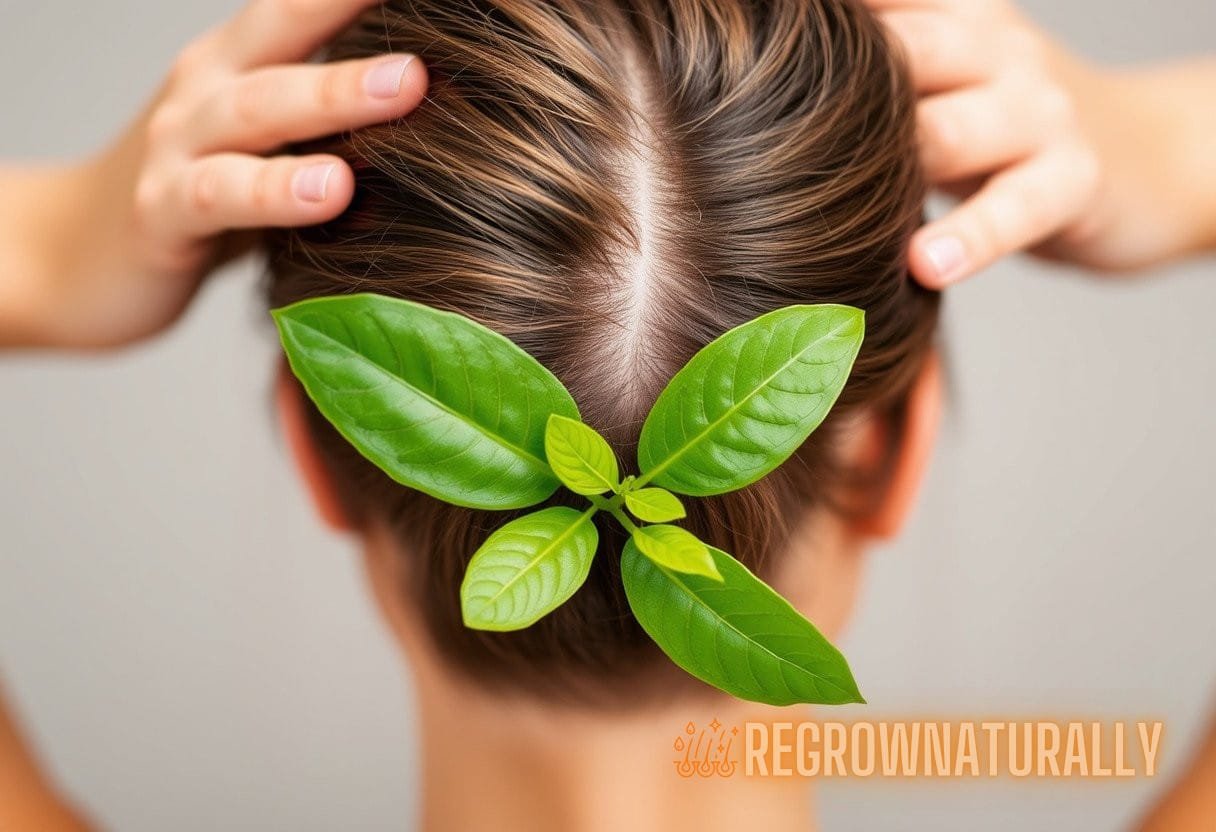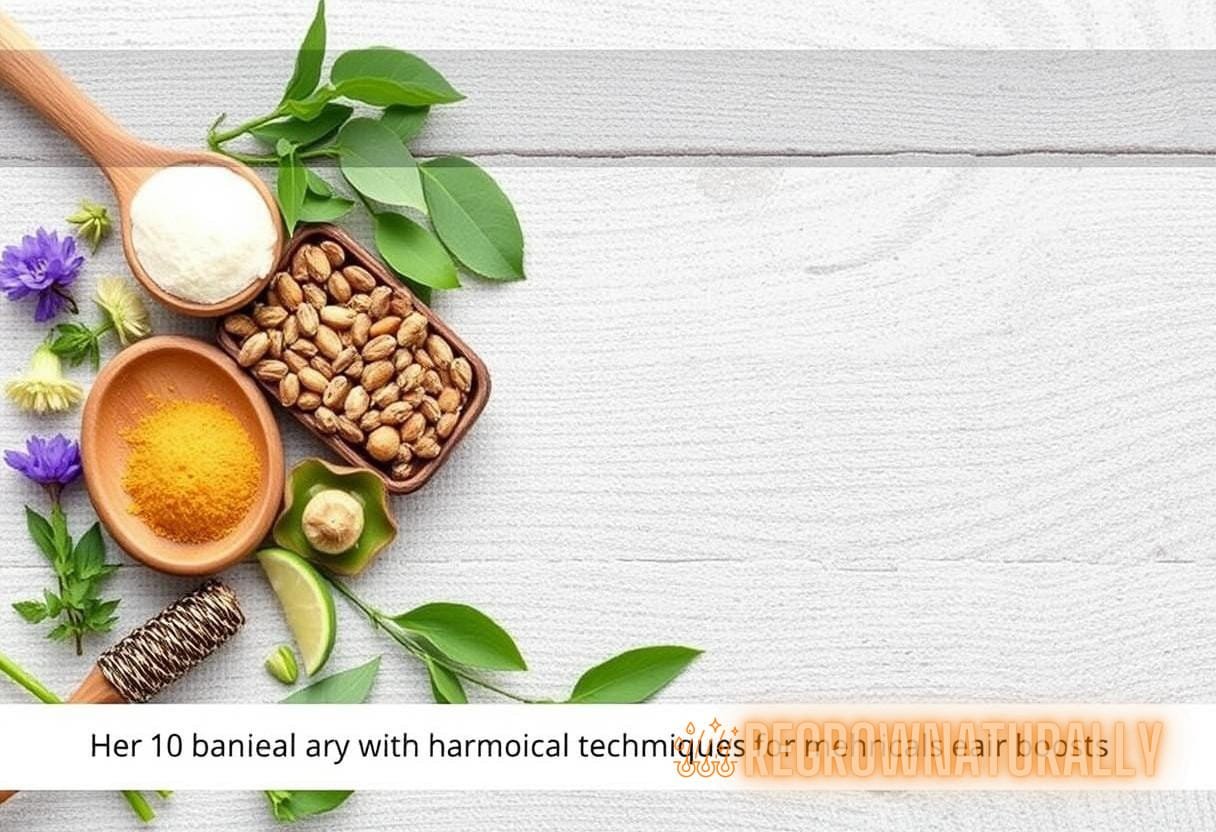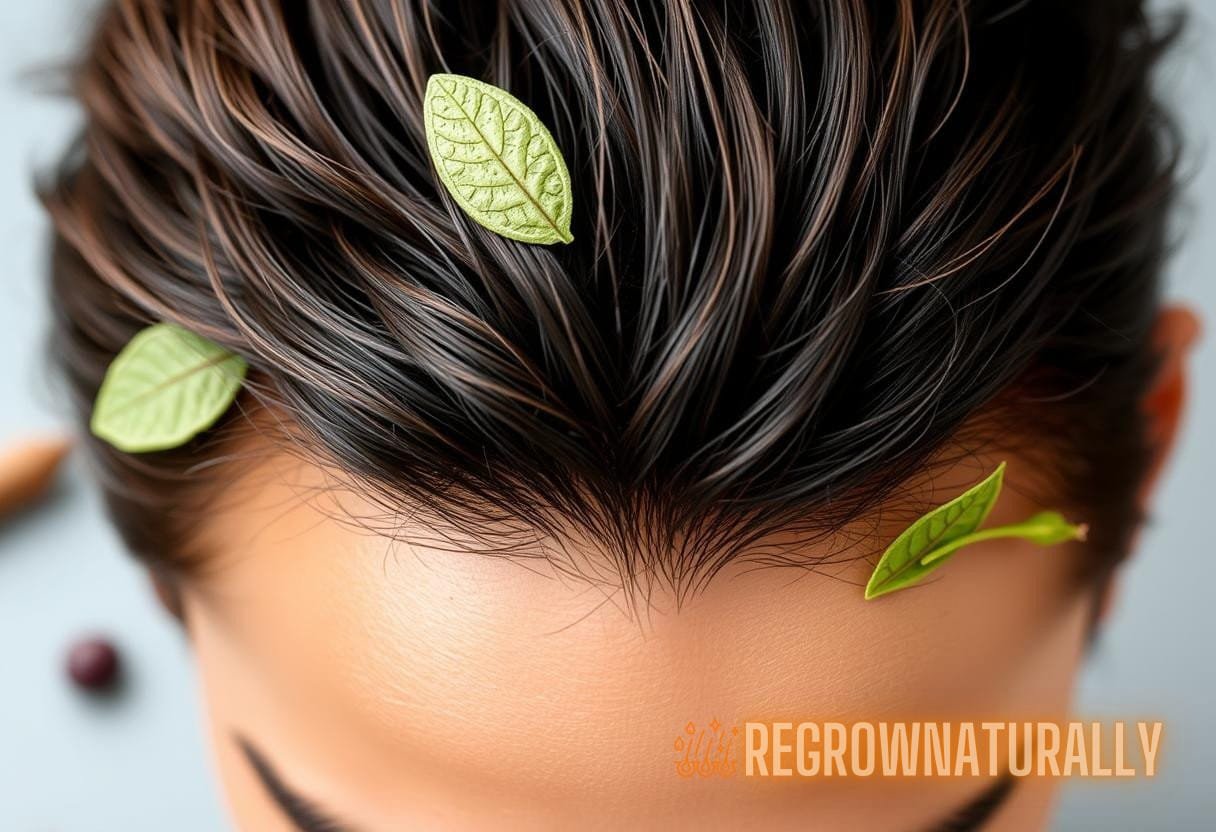Integrative Approaches to Enhancing Hair and Scalp Vitality: The Role of Botanical Synergy in Modern Hair Care
Hair and scalp vitality is a crucial aspect of personal grooming and overall health, often reflecting one’s general wellness and lifestyle. Advances in hair care have led to the integration of traditional herbal remedies with modern scientific methods, creating a fusion known as botanical hair vitality practices. This guide delves deep into the integrative approaches used today, highlighting the importance of botanical synergy, the effectiveness of herbal remedies, and the overall enhancement of hair and scalp condition.
Understanding Hair and Scalp Health
The human scalp is often overlooked yet plays a central role in the health of hair. A healthy scalp contributes significantly to hair growth and vitality. Factors such as diet, genetics, environmental conditions, and overall health can impact scalp health. According to the American Academy of Dermatology, common issues such as dandruff, dryness, and hair loss can be symptomatic of underlying health conditions or lifestyle choices.
To achieve full potential in hair and scalp vitality, one must consider:
- Nutrition: Essential nutrients such as vitamins A, C, D, E, zinc, and omega fatty acids are vital for hair health.
- Scalp hygiene: Regular cleansing and exfoliating can prevent blockages and promote a healthy environment for hair growth.
- Hydration: Adequate water intake is necessary for overall skin and hair health.
The Importance of Botanical Synergy
Derived from the word “botanical,” botanical hair vitality refers to the utilization of various plant-based ingredients to rejuvenate hair follicles and the scalp. The concept of botanical synergy emphasizes the combined effects of multiple plant extracts or oils, enhancing their overall benefits when used together, rather than in isolation.
Research shows that synergy in botanical mixtures may lead to:
- Increased bioavailability of essential nutrients
- Enhanced anti-inflammatory properties
- Greater antioxidant protection
- Improved hydration and moisture retention
Key Botanical Ingredients for Hair Vitality
Several botanical ingredients have gained recognition for their effectiveness in promoting scalp and hair health. Below, we explore some scientifically-backed components:
1. Aloe Vera
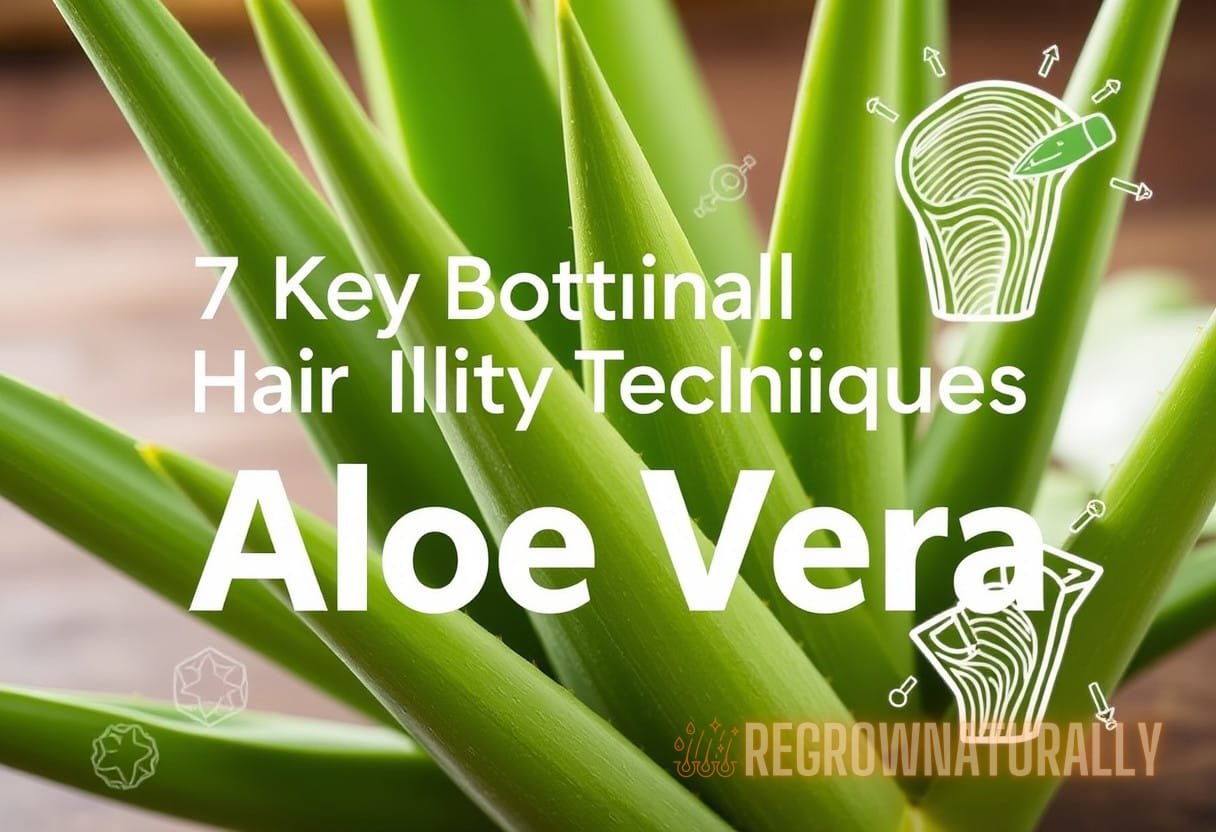
Aloe Vera is renowned for its soothing properties. This succulent plant contains vitamins, enzymes, and amino acids known to promote hair growth and scalp health. Research published in the Journal of Advances in Medical and Dental Sciences highlights Aloe Vera’s ability to reduce dandruff and scalp irritation.
2. Rosemary Oil
Rosemary oil is often used for its stimulating properties. A study from the Journal of Clinical Endocrinology and Metabolism suggested rosemary oil could be as effective as minoxidil in treating androgenetic alopecia, showcasing its potential in enhancing hair growth.
3. Jojoba Oil
Jojoba oil mimics the natural oils of the scalp, making it an excellent moisturizer. It also has antibacterial properties that can alleviate scalp conditions. A 2018 study highlighted its effectiveness in promoting hydration and preventing hair breakage.
4. Bhringraj
Bhringraj, often referred to as ‘false daisy,’ has a long history in Ayurvedic medicine for preventing hair loss. Its active compounds affect hair follicle cells, promoting hair growth according to findings published in the International Journal of Trichology.
5. Tea Tree Oil
This essential oil is well-known for its antifungal and antibacterial properties. Research demonstrated that tea tree oil can alleviate dandruff and promote a healthier scalp, making it a common ingredient in natural shampoos.
Building Effective Botanical Treatments
Combining these potent botanicals can create highly effective treatments. Here are some popular formulations and their related benefits:
- Scalp Detoxifying Treatment: A blend of tea tree oil, rosemary, and Aloe Vera can target dandruff and promote a clean scalp.
- Moisturizing Hair Mask: A mixture of jojoba oil, Aloe Vera gel, and essential oils like lavender can deeply hydrate and repair damaged hair.
- Hair Growth Serum: A serum combining bhringraj, castor oil, and rosemary can stimulate follicles and enhance hair density.
Herbal Remedies Versus Conventional Hair Care Products
While conventional hair care products often contain synthetic ingredients, botanical hair vitality approaches center on using natural plant extracts to enhance hair vitality. Studies indicate that these natural products can often result in fewer side effects and more sustainable outcomes for hair health.
For example, a study published in the Journal of Ethnopharmacology found that participants using herbal-based remedies experienced improved hair quality and reduced hair fall compared to those using conventional shampoos.
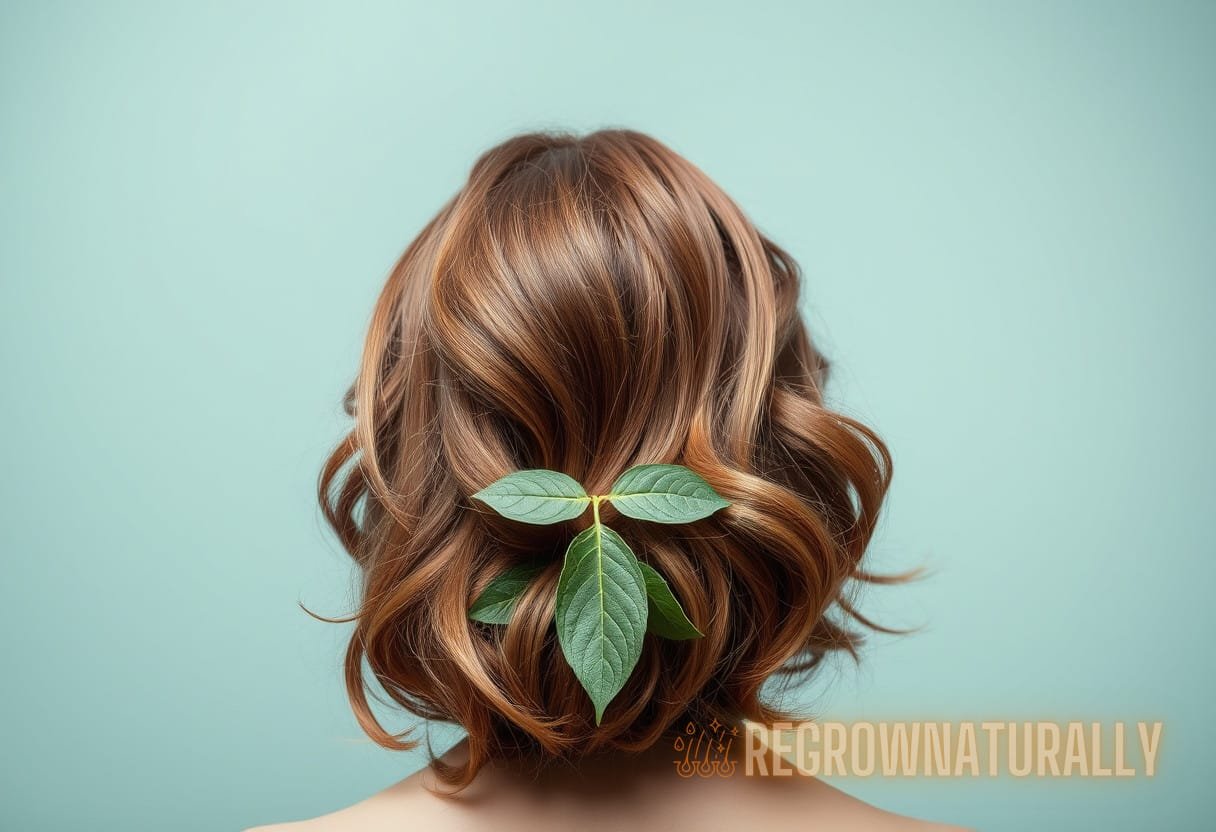
How to Integrate Botanical Products into Your Hair Care Routine
Incorporating botanical hair vitality approaches into your routine is simple. Follow these steps:
1. Identify Your Hair Needs: Assess whether you need hydration, stimulation for hair growth, or treatment for scalp issues. 2. Choose the Right Products: Select hair care products that contain beneficial botanical ingredients based on your assessed needs. 3. Regular Application: Use these products consistently according to the product guidelines. For example, hair masks are typically used weekly, while scalp serums can be applied daily. 4. Monitor Results: Keep track of any improvements or changes in your hair and scalp health. This can guide you to tailor your routine as necessary.Real-World Case Studies and Outcomes
Several case studies have highlighted the efficacy of integrating botanical therapies into hair care regimes. One such case involved a woman suffering from chronic hair thinning. After six months of using a blend of rosemary oil and bhringraj as part of her daily routine, she reported significant improvements in hair volume and strength.
Another study focused on a group of individuals with scalp psoriasis. Those utilizing an Aloe Vera and tea tree oil treatment saw a considerable reduction in itch and inflammation over a three-month period, as documented in the Journal of Clinical Dermatology.
Precautions and Considerations
While botanical treatments are generally safe, there are key precautions to consider:
- Conduct a patch test to check for allergic reactions before using new products.
- Avoid applying essential oils directly to the skin; always dilute them in a carrier oil.
- Consult with a healthcare professional or dermatologist, especially if you have underlying skin conditions or are pregnant.
Ensuring that products are sourced sustainably not only benefits personal health but also advantages environmental health. Seek brands that prioritize ethical practices in their sourcing of herbal ingredients.
Related Herbal Remedies for Overall Health
In addition to hair care, many botanicals support general health. Some related herbal remedies include:
- Ginseng – For energy and vitality
- Turmeric – Known for its anti-inflammatory properties
- Chamomile – Aids in digestion and relaxation
Conclusion
Integrative approaches to hair and scalp vitality, focusing on botanical hair vitality, offer numerous benefits supported by research. By understanding how to harness botanical synergy, one can significantly enhance personal hair care routines. With an array of herbal remedies at one’s disposal, individuals have the opportunity to choose natural solutions that meet their unique hair care needs.

